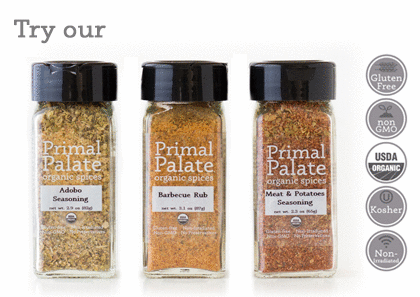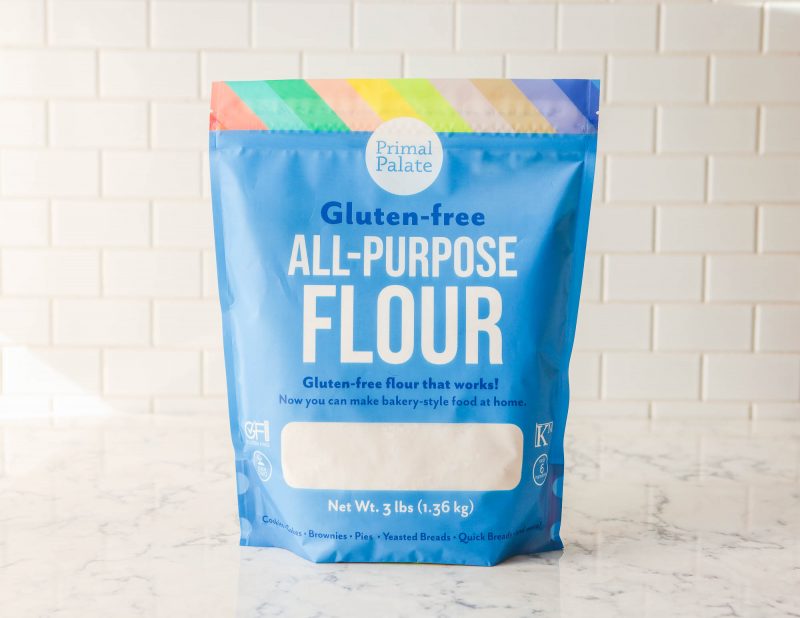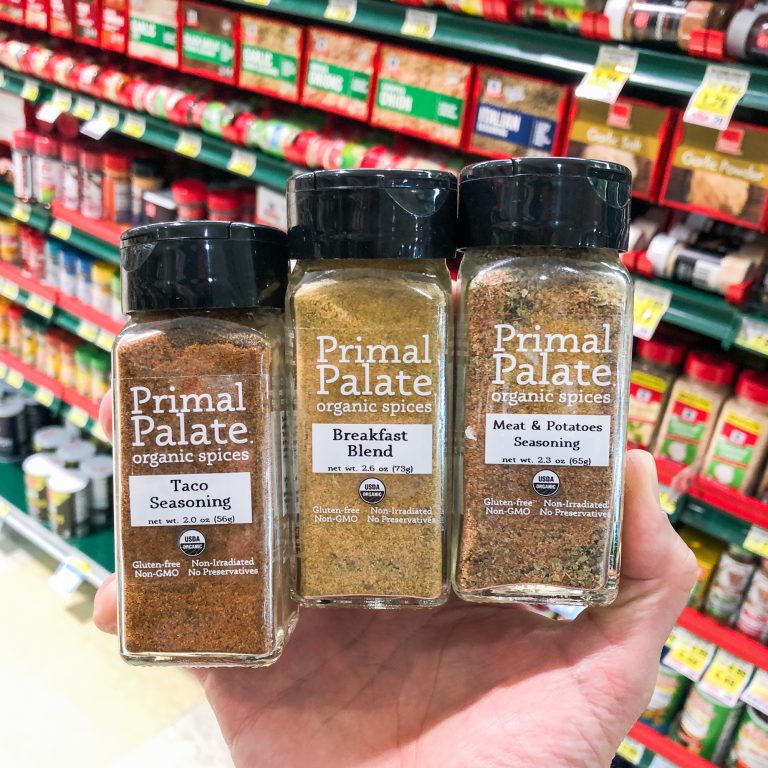Hey guys!
Today we wanted to introduce you to our good friend Dr. Will Cole, who we’ve known for several years now. He’s a really progressive Functional Medicine doctor, and has been helping people achieve better health through a Paleo-template combined with various forms of alternative medicine. In other words, he _really_ knows his stuff.
 His practice is located here in Pittsburgh, although he also offers remote consultations! He has his post doctorate education and training in Functional Medicine and Clinical Nutrition. He specializes in clinically investigating underlying factors and customizing health programs for chronic conditions such as thyroid issues, autoimmune, hormonal dysfunctions, digestive disorders, diabetes, heart disease and fibromyalgia.
His practice is located here in Pittsburgh, although he also offers remote consultations! He has his post doctorate education and training in Functional Medicine and Clinical Nutrition. He specializes in clinically investigating underlying factors and customizing health programs for chronic conditions such as thyroid issues, autoimmune, hormonal dysfunctions, digestive disorders, diabetes, heart disease and fibromyalgia.
We invited him to contribute this amazing piece on the Gut Microbiome below, so if you like seeing pieces like this from Dr. Cole, let us know in the comments! Thanks for sharing your expertise, Dr. Cole!
-Bill & Hayley
Your microbiome, the trillions of bacteria and yeast that live in your gut and on your skin, is controlling your body and you don’t even notice it.
Hippocrates, the father of medicine said thousands of years ago, “All disease begins in the gut”, and now science is catching up with antiquity. We are made of cells, and for every cell of your body there are 10x more bacterial cells. In reality, you are more bacterial than human, a sort of sophisticated host for your microbiome.
The microbiome is home to around 80% of your immune system and 95% of your “happy” neurotransmitter serotonin. Your “second brain” controls your mood (1), weight (2), hormones (3) and even your genetic expression (4).
It is important to note that you do not have to have classic gastrointestinal symptoms to have an underlying microbiome health issue. Many people think that if they don’t have bloating, constipation, diarrhea or IBS symptoms, that a gut problem is not a factor for them. Just like the brain, the mucosal lining of your intestinal lining has no pain fibers.
In reality, most people with underlying gut problems do not have obvious GI symptoms but have the downstream effects of a damaged microbiome.
Because your gut is foundational to every other system of your body (5), if you have a chronic or autoimmune condition chances are it has at least a microbiome component, if not entirely a microbiome problem.
Microbiome Problems: When Going Paleo Isn’t Enough
Paleo is more mainstream than ever before, and that is a great thing! We are part of a movement that is revolutionizing how people around us see the food they eat and the impact it makes on their health.
When someone starts eating in a more paleolithic way, it can do amazing things for their health. I have seen countless cases of lives being improved with the power of paleo food medicine.
But what happens when after adopting a paleo lifestyle, you hit a plateau? What happens when your symptoms flare up when you start a paleo diet? I have seen many patients who eat very clean but still have their health problems.
There are many possible reasons for why paleo is not enough, but one of the most common underlying issues I often see in paleo plateaus and problems is found in the microbiome:
Leaky Gut Syndrome
You have probably heard of this unfortunate term before. When the gut lining is damaged, undigested food particles and bacterial endotoxins called lipopolysaccharides (LPS) can pass through the gut lining causing systemic inflammation throughout your body.
In functional medicine, leaky gut syndrome (6) is seen as an almost precondition for autoimmune diseases and many other health problems.
Bacterial Dysbiosis
The delicate balance of your gut garden is essential for your health. Conditions like small intestinal bacterial overgrowth (SIBO (7)) and other bacterial imbalances are linked to numerous health problems.
Anxiety and depression (8) have been linked to lower levels of Lactobacillus helveticus and Bifidobacterium longum and weight gain (9) was linked to higher amounts of Firmicutes.
When someone with dysbiosis or SIBO starts eating a paleo diet, and they increase their vegetable intake, it can cause more gut problems like constipation and bloating. It is the underlying microbiome issue, not the vegetables, that is the problem.
Yeast Overgrowth
We all have some yeast in our gut microbiome but overgrowths of yeast such as candida albicans (10) can cause chronic low-grade inflammation and immune stress. People with an already weakened immune system or autoimmune problem can find a yeast overgrowth to be a trigger for more health problems.
Food Intolerance
Eating a paleo diet takes out most of the immunoreactive and inflammatory foods like gluten, sugar and bad fats, which is a great start. There is a chance though that your “before paleo” (B.P) years, medications or just living in a modern toxic world could have caused chronic food intolerances.
When the gut is chronically damaged and an inflammatory-immune response has been triggered, your immune system can react to the healthiest of paleo foods. I have seen bone broth, kale, liver, and just about every other nutrient dense food be a source of inflammation in well-intentioned people. What works for someone else may not be right for you.
Autoimmunity
Autoimmune spectrum conditions are rampant in our modern world. An estimated 50 millions Americans have an autoimmune disease (11), a number which is expected to only rise.
Because of leaky gut syndrome and other microbiome dysfunctions, there can be elevated antibodies or immune inflammation against any organ or tissue of the body. I see on a regular basis elevated antibodies against the gut, brain, thyroid and muscles.
What To Do Now?
Do you remember when you started living a paleo lifestyle and it was a little (or a lot) overwhelming? Dealing with suspected microbiome issues might cause the same feelings of “where do I even start?”
Well here are 3 real life action steps to point you in the right direction:
Step 1. Functional Medicine Labs
Many paleo people are smart health detectives, but can easily overdose on Google. Instead of self-diagnosing, labs can give you an objective clinical look at your physiology and explain why you feel the way you do.
The first step to the functional medicine approach is finding out the root mechanism dysfunctions that give rise to chronic and autoimmune health problems.
Blood and stool labs can give you a detailed look at your microbiome, the levels of your specific bacteria and yeast, rule out leaky gut syndrome, give insight to food intolerances and measure your autoimmune reactivity.
Step 2. Look At Stress Levels
Eating clean but still being chronically stressed is sabotaging your body’s ability to heal. Chronic stress has been shown (12) to suppress the immune system, decrease blood and oxygen flow to the intestines and increase gut lining permeability.
![]() Finding ways to regularly de-stress like mindfulness meditation, tai chi, yoga or just being in nature can be a piece to your healing puzzle.
Finding ways to regularly de-stress like mindfulness meditation, tai chi, yoga or just being in nature can be a piece to your healing puzzle.
Step 3. Personalized Functional Medicine Care
There is no “one size fits all” to regaining your health. We are all different. For me to give nice bullet points and quick-fix tips for someone who has already cleaned up their diet would be irresponsible and unhelpful. Customized and advanced natural solutions is at the heart of functional medicine.
We offer free phone or webcam evaluations (13) for people around the world to start a conversation about your unique case and to see if functional medicine (14) is right for you.
Keep in mind we are all on health journey.We are all learning what works for our body and what doesn’t. Give this journey, and yourself, grace and patience.









LOVE this article!! Ya’ll, this is so me. I have been eating paleo for 2yrs now but still having some problems. Thanks for the info!